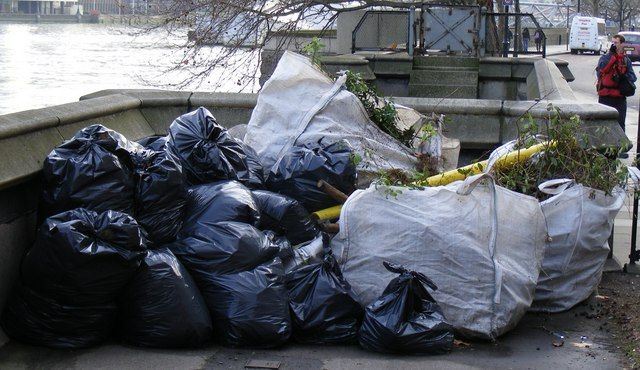Rubbish collectors in Copenhagen have been on strike since Tuesday last week and the trash is piling up.
The binmen are refusing to sign contracts with City Renovation, who won a tender for rubbish management in the capital, replacing the former contract holder, M Larsen Vognmandsfirma.
Asking for more guarantees
The rubbish collectors fear they will be laid off and are asking for more guarantees.
The strike has affected the entire capital and covers all types of waste collection, from bulky and garden waste to household waste.
“We, of course, hoped they would start working again today, but right now we cannot tell the residents of Copenhagen when exactly their rubbish will be picked up again,” Jens Purup, a manager for waste and recycling at Copenhagen Municipality, told Berlingske.
Recycling depots are operating
Recycling depots are still open, but people have to deliver their bulky waste themselves.
As for household waste, Purup urges people to place their rubbish in tight bags and place them next to containers, so it is easier for the collectors to pick them up once they start working again.
City Renovation may be fired
Negotiations between the rubbish collectors, represented by the union 3F, and the waste-management company, City Renovation, are ongoing.
If the conflict parties can’t reach an agreement, City Renovation will be fired by the municipality.
The last time the binmen did not collect rubbish in the capital for such a long period was due to snow during the winter of 2010-2011.















